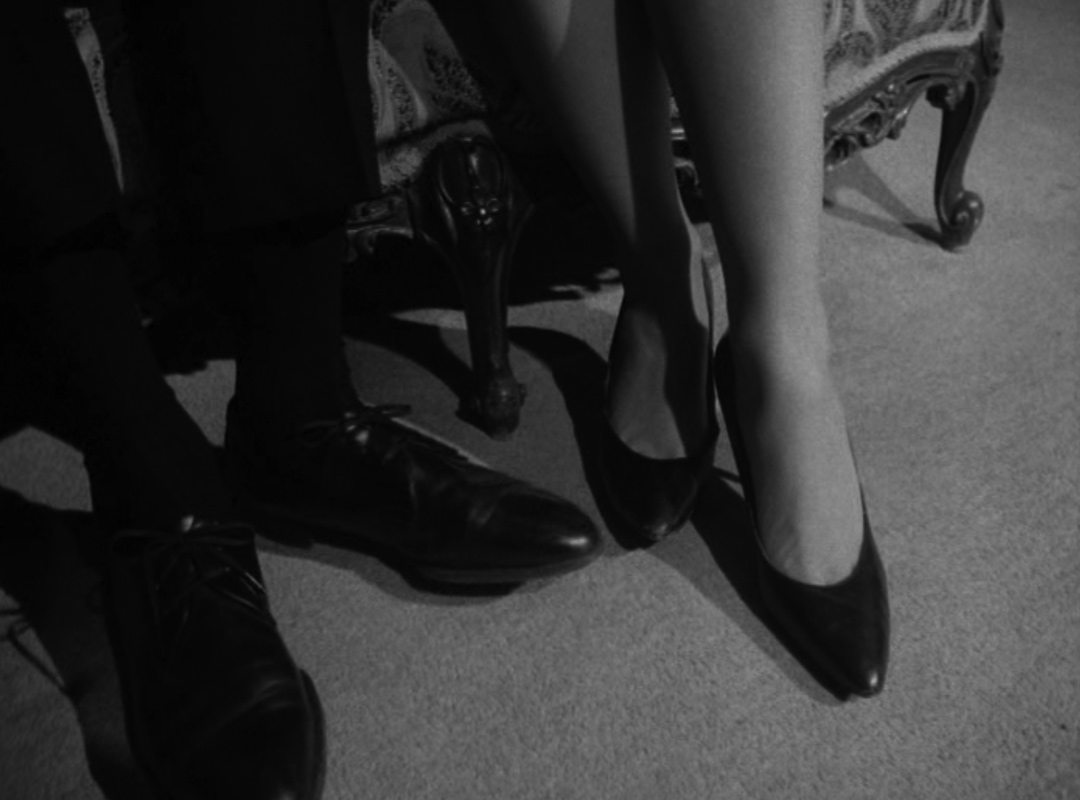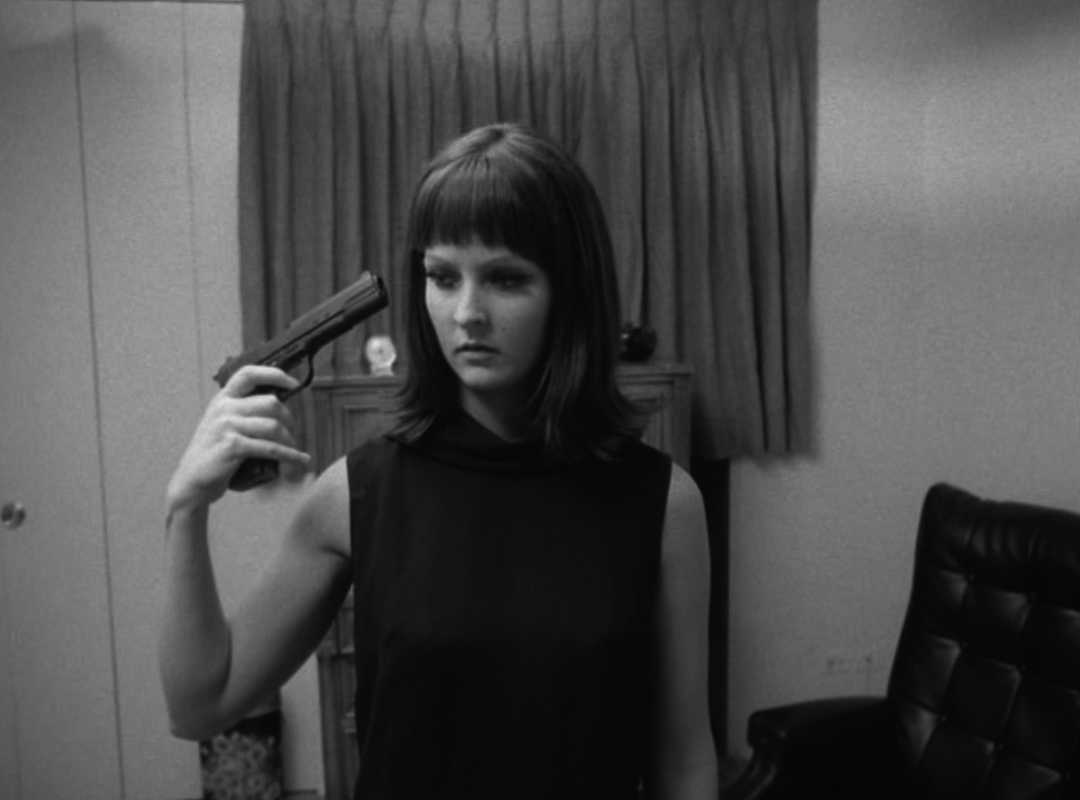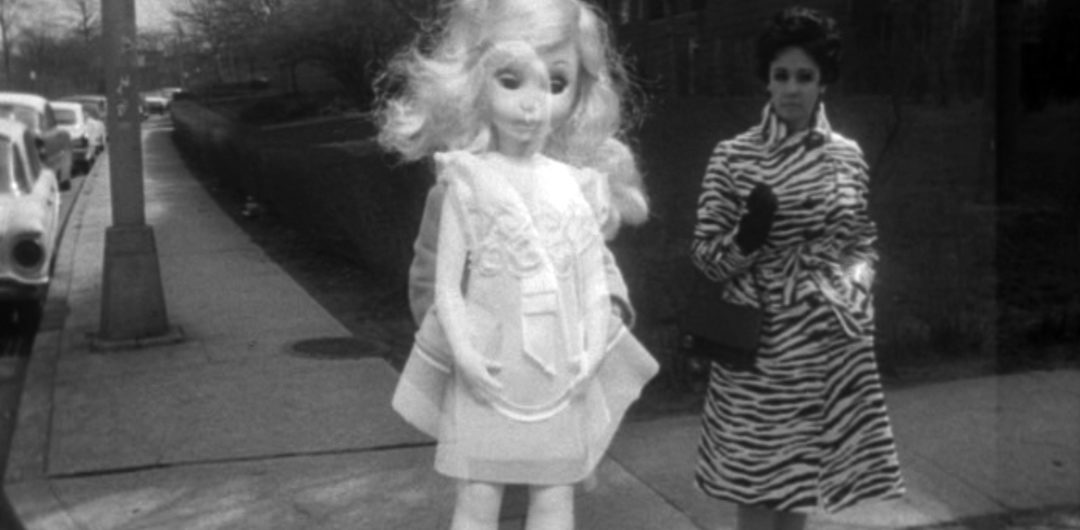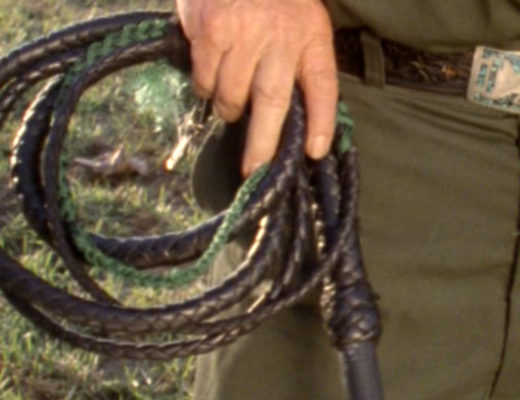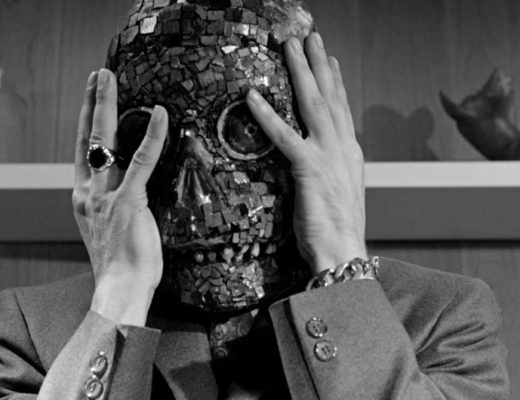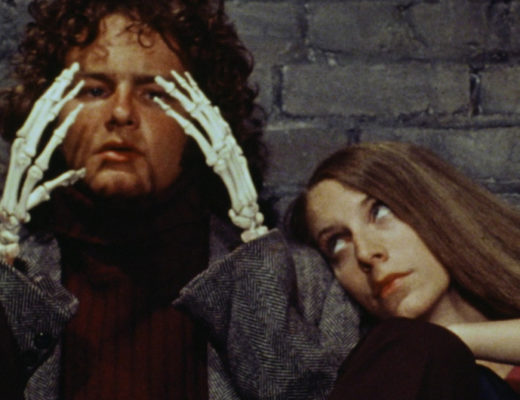It is difficult to argue with a man who makes love to toy dolls. So why try?
By 1968, director-writer-unknowing-sage Doris Wishman was onto something big. So big, in fact, that her glum, sex-infused slant on cinéma vérité has taken approximately four decades to wholly appreciate in value. And by appreciate, I mean this: Scratch the cocky intellect of Jean-Luc Godard’s Une Femme Mariée. Erase the stark humanism of John Cassavetes’s Faces. Insert naked people, black-hole dubbing, and ashtrays which speak in split-second edits. That’s Doris in the late 1960s. Urgent. Aloof. Truly not of this universe. Thank god.
Bereft of the earlier hostility of Bad Girls Go To Hell, yet not quite as bat-shit-crazy as the looming Double Agent ’73, Indecent Desires and My Brother’s Wife provide an ample representation of the late 1960s Doris Wishman experience. In other words, you will witness crude visual design everywhere. Subsequently, you will also witness an ass-on-the-lens coup d’état. And that’s the kind of striking cinematic distinction which is worth a fifteen decade wait, let alone four.
Ah, Zeb. You’ve got Indecent Desires and you’ve got ’em bad. Jettisoning his dumpy New York apartment, Zeb finds a toy doll in a trash can. There might also be a ring of some sort in there. Naturally, all of this enables Zeb to supernaturally molest, beat, and torture the highly sexcessful Ann — via the doll. Ann thinks she’s crazy. Zeb falls in love (and reads Esquire). And Babs, Ann’s co-worker, has random “encounters” with a guy named Monty (“He’s so . . . continental!”). This being a Doris film, nobody wins.
Given the fact that I’ve watched Indecent Desires three times in two months, your trust will not be waylaid when the following is stated: this film rightly stands behind Double Agent ’73 and A Night To Dismember as an archetypal Doris Wishman experience. It’s all here. Voices rarely match mouths (or human beings). Any sort of forward movement, whether it be plot-centric (Ann’s botched suicide attempt) or technical (loads of foot shots), is inexplicable, and therefore beautifully surreal. Cheap jazz blankets the soundtrack constantly, providing a nice foil to the jagged edits and gaudy aesthetics of Doris’s living room. Indecent is brief, unapologetic, and pervertedly abstract. It moves quickly and does little wrong. I guess that’s where Bob & Mary & Frankie & Zena come in.
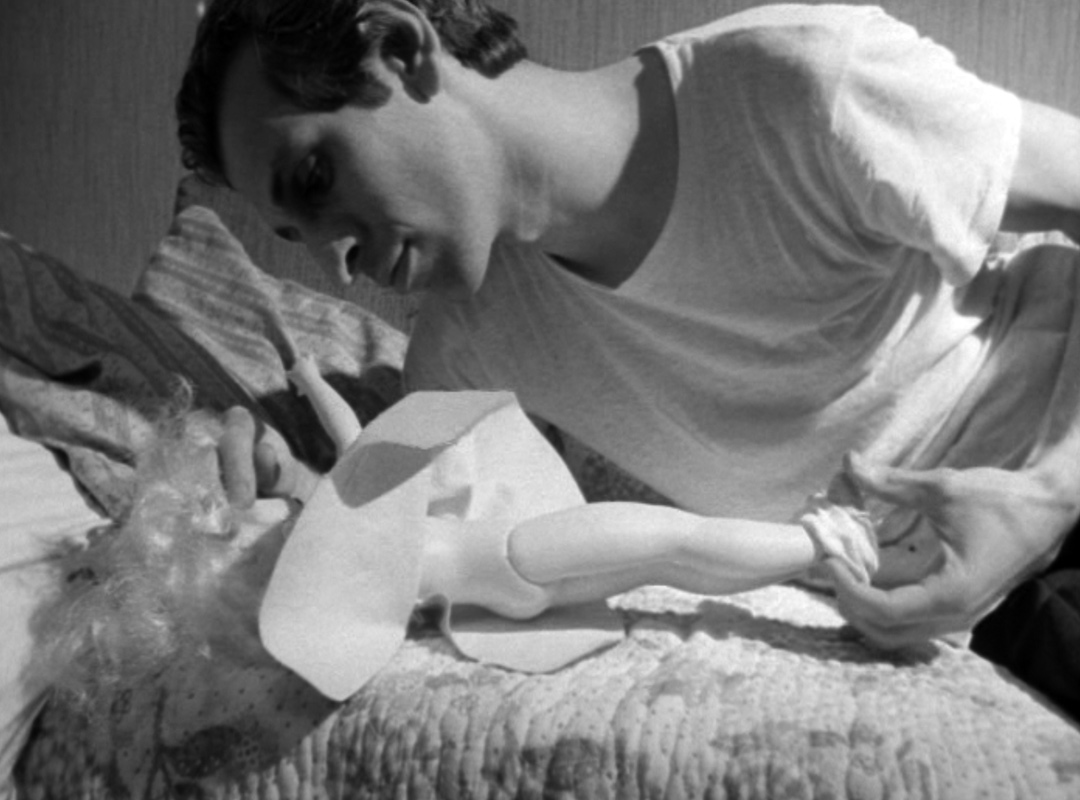
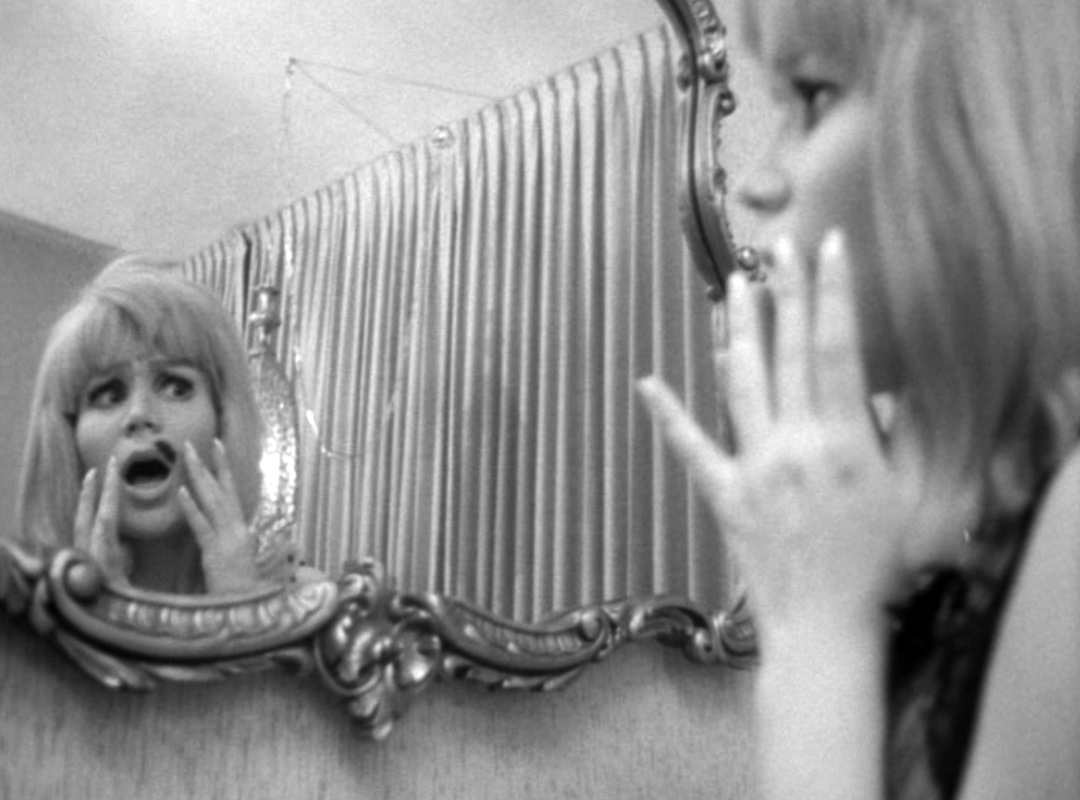
Sex, punches, and talking — that’s what Frankie gets for futzing around with My Brother’s Wife. After a climax-as-prologue switcheroo, drifter Frankie arrives at his brother Bob’s NYC apartment, which was also Ann’s apartment in Indecent Desires. Frankie has the hots for Mary, Bob’s wife, and you can’t blame him. But, he’s also making time with old flame Zena. What’s that spell? Sex, punches, and talking. Lots of it. In the hands of Barry Mahon, we might be gasping for air. But in the hands of Doris Wishman, Zena sits on the camera lens.
Lacking the supernatural element of Indecent, My Brother’s Wife is an assumed slice of Wishman sex-crime weirdness. That is to say, if you’re not on board yet, this film won’t tip the scales. However, for those of us who thrive on Wishman being Wishman, discontent is estranged — there’s plenty to latch onto. Boobs, asses, and heads serve as scene transitions. Random instances of odd, irrelative depth of focus are in abundance. Forlorn angst is plentiful, but misplaced when siphoned through all of that hideous/beautiful post-dubbing. Plus, things actually get sexy — see Mary’s mirrored striptease for a fine example. My Brother’s Wife satisfies a bit more than Doris’s similar-yet-rougher stuff, such as Another Day, Another Man. Still, the film becomes meager whilst in the company of a guy who psychically feels up women through the use of a toy doll.
I love Doris Wishman.
